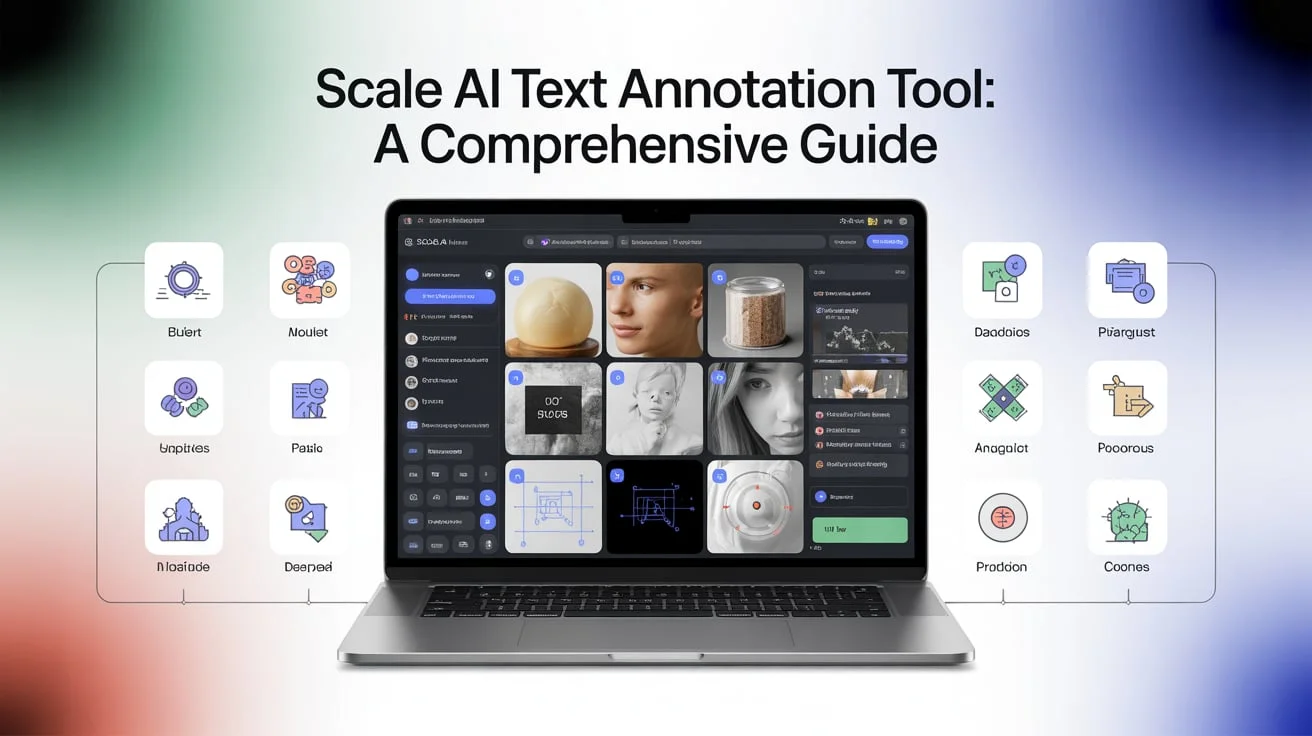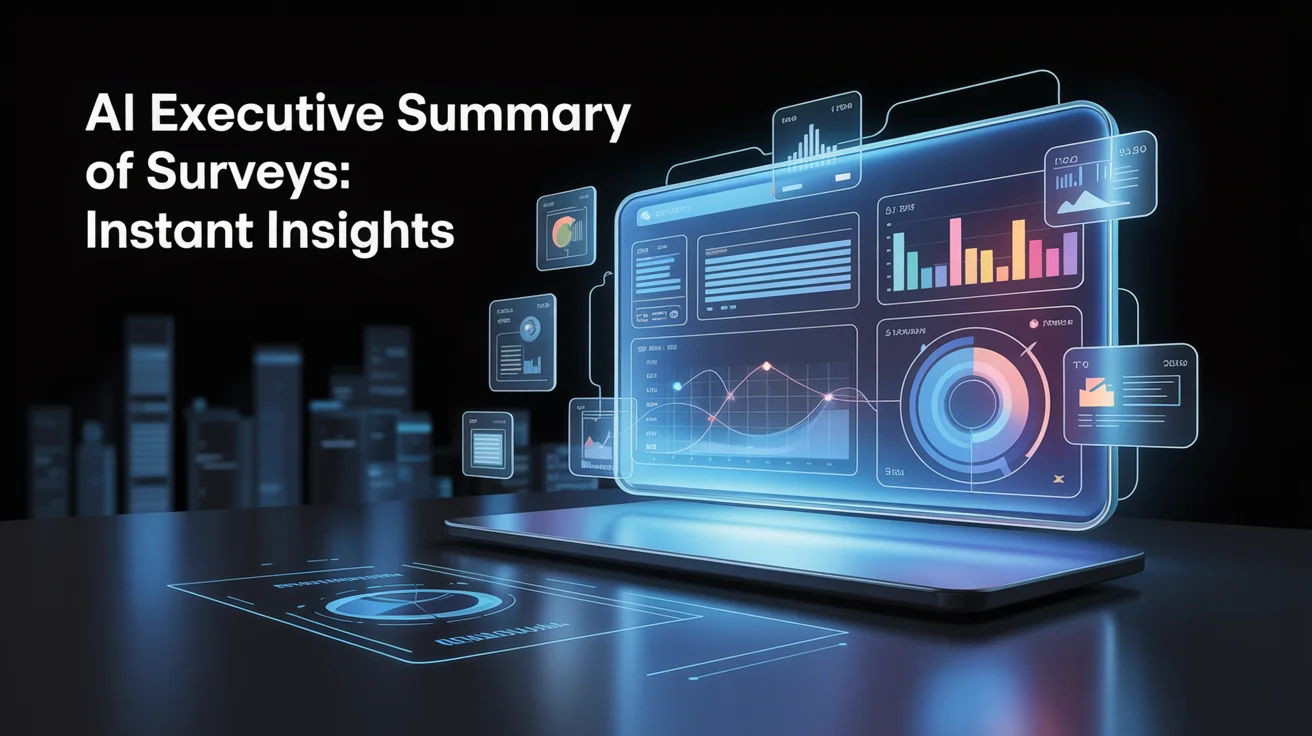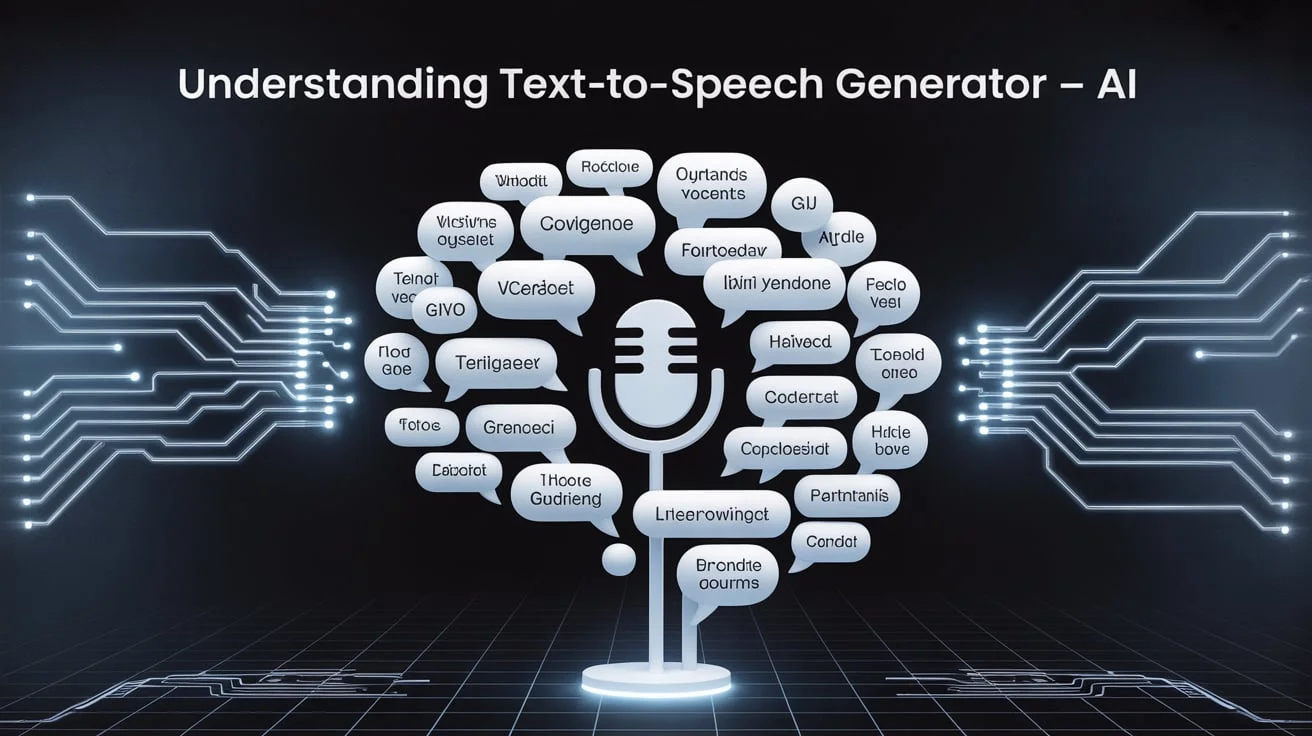The Scale AI text annotation tool is transforming the way machines understand human language. It helps businesses prepare high-quality labelled data for training AI and machine learning models. This tool plays a crucial role in powering applications such as chatbots, recommendation systems, and others.
Text annotation involves labelling data so machines can recognize patterns, meanings, and intent .With Scale AI, teams can speed up annotation while maintaining exceptional accuracy and control.
From simple text tags to complex NLP tasks, the tool supports a wide range of use cases.
As industries embrace AI, the need for clean, structured data is greater than ever.
The Scale AI data labeling tool solves this by combining automation with expert validation. Its versatility makes it essential for sectors like healthcare, finance, e-commerce, and automotive.
Understanding Text Annotation in AI
Text annotation is the process of labelling text data so that machine learning algorithms can understand it. This step is crucial for training AI models in tasks like natural language processing (NLP) and sentiment analysis.
By converting raw text into structured data, annotation enables AI systems to learn patterns and make more accurate predictions.
The goal of text annotation is to give context and meaning to unstructured text, enabling machines to process language similarly to humans. This allows AI to comprehend nuances, emotions, and specific entities within the text. Accurate annotation has a direct impact on the performance of AI applications across various industries.
Key Features of the Scale AI Text Annotation Tool

The Scale AI text annotation tool offers a feature-rich environment tailored for efficient and high-quality data labeling. Its intelligent automation speeds up workflows, while human input ensures accuracy and reliability.
The platform is designed for collaboration, seamless integration, and strict quality control.
These features make it an ideal solution for organizations working with large and complex datasets.
- Automated Annotation: Uses AI to pre-label data, minimizing manual effort.
- Human-in-the-Loop: Includes human reviewers to refine and correct automated labels.
- Real-Time Collaboration: Allows multiple annotators to work on the same dataset simultaneously.
- Integration Capabilities: Compatible with frameworks like TensorFlow, PyTorch, and more.
- Quality Assurance: Implements multi-step review processes to ensure annotation standards are met.
Benefits of Using Scale AI for Text Annotation
The Scale AI document annotation platform speeds up data labelling by combining automation with human review. This reduces manual work and helps teams focus on improving their AI models. Faster annotation means quicker project completion without losing quality.
Its scalability enables the easy handling of large datasets, allowing for adaptation to projects of any size. The tool offers customization to fit industry-specific needs, whether in healthcare, finance, or e-commerce. This flexibility ensures it meets unique project requirements effectively.
Data security is a top priority for Scale AI, ensuring the safe storage and protection of sensitive information during the annotation process. The platform complies with privacy regulations to protect user and client data. This fosters trust and provides the ethical handling of sensitive information.
Applications Across Industries
The Scale AI document annotation platform is highly versatile, supporting a wide range of industries. Its ability to provide precise and scalable annotations makes it valuable for a range of AI applications. From healthcare to autonomous vehicles, it helps improve model accuracy and decision-making.
- Healthcare: Annotating medical records to develop reliable disease prediction models and improve patient outcomes.
- Finance: Analyzing customer feedback and financial documents to enhance service quality and detect fraud.
- E-commerce: Improving product search and recommendation systems by annotating reviews and product descriptions.
- Autonomous Vehicles: Labelling sensor and camera data to enable safe obstacle detection and navigation.
- Customer Support: Tagging conversation data for training more innovative chatbots and virtual assistants.
- Legal Sector: Structuring contracts and legal documents to assist AI-powered document analysis.
- Marketing: Classifying social media content and ads for better targeting and sentiment analysis.
Implementing Scale AI in Your Workflow
Integrating the Scale AI text annotation tool into your workflow begins with understanding your project’s specific data needs. Start by defining clear annotation guidelines to ensure consistency and accuracy.
This foundation enables the tool to deliver high-quality, labelled data for your AI models.Next, customize the annotation tasks using Scale AI’s flexible platform to match your industry requirements.
You can assign functions to in-house teams or leverage Scale AI’s expert annotators for large projects. This flexibility optimizes both speed and precision in the labelling process.
Finally, continuously monitor the annotation progress and quality through Scale AI’s dashboard and reporting tools. Regular reviews and feedback loops help maintain data accuracy and improve model training outcomes. This iterative approach ensures your AI system stays reliable and effective.
Challenges and Considerations
While the Scale AI document annotation platform offers robust and scalable solutions, users should be aware of specific challenges. The initial phase typically requires time to understand the platform and configure it according to the particular project’s needs.
Organizations also need to allocate proper human resources to manage quality control in the annotation loop. Additionally, strict data privacy laws demand careful handling of sensitive information throughout the annotation process.
- Learning and training teams on how to use the platform effectively can take time.
- Customizing workflows for complex use cases may require technical expertise.
- Ensuring consistent quality during large-scale projects can be a resource-intensive process.
- Human-in-the-loop review processes demand skilled personnel.
- Data privacy compliance varies by region and can affect operational flexibility.
- Handling multilingual or specialized content may require domain-specific annotators.
- Overreliance on automation may compromise annotation accuracy without human verification.
Conclusion
The Scale AI text annotation tool plays a crucial role in shaping high-performing AI and machine learning systems. Its combination of automation and human review offers both speed and precision in data labelling tasks.
This makes it a preferred choice for businesses aiming to develop intelligent, responsive technologies. From healthcare to autonomous vehicles, Scale AI serves a wide range of industries with adaptable workflows.
Its secure infrastructure and customization capabilities allow for efficient management of complex datasets. This flexibility enables companies to meet their specific data annotation needs effectively.
While the tool offers many benefits, it also requires thoughtful planning and skilled resources. Understanding its challenges helps teams prepare better and extract more value from its use. With proper implementation, Scale AI becomes a powerful ally in any data-driven AI initiative.
Frequently Asked Questions:
Q1. What is the Scale AI text annotation tool used for?
It is used to label and structure text data, enabling machine learning models to understand language more effectively.
Q2. Is Scale AI’s annotation tool suitable for beginners?
Yes, it offers a user-friendly interface and guided workflows, though some knowledge of data labelling is beneficial.
Q3. Can Scale AI handle large datasets?
Yes, it is built for scalability and can efficiently process millions of data points.
Q4. Does Scale AI support custom annotation formats?
Yes, it supports customized annotation workflows and data formats tailored to specific project needs.
Q5. How does Scale AI ensure annotation quality?
It uses a combination of automated checks and expert reviews to maintain high-quality annotations.




